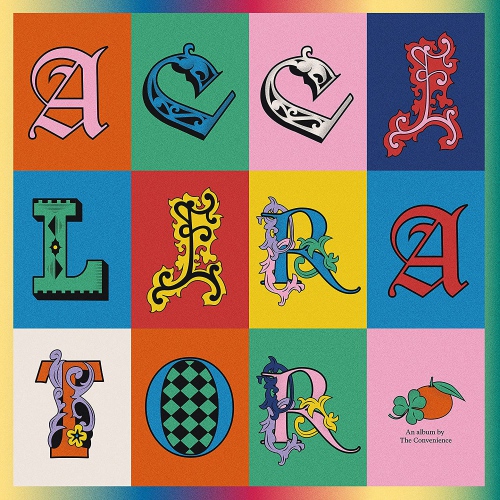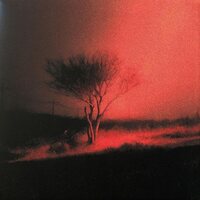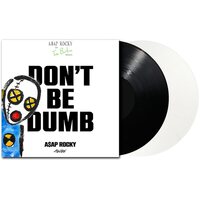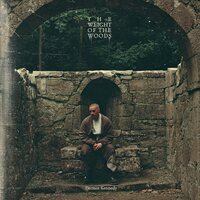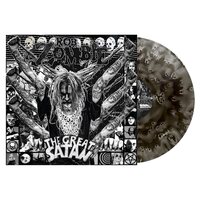"It really was super natural", laughs Duncan Troast, explaining how he and Nick Corson came to form The Convenience, and though he means it was as organic as breathing, the music these two conjure is from an alternate reality. Pulling from a pastiche of 80's sounds and their own rolodex of future pop flourishes, their new album Accelerator sounds like a late-night disco party on a distant outpost, a sea of dancing bodies illuminated by an alien moon.The two met at New Orleans' Loyola University, where somewhat ironically, they ended up out of convenience. Troast grew up in a suburb of New Jersey, where he played piano until he "got old enough to hate it", eventually drifting to jazz study, where his teacher became an early mentor. Nervous about the future, he stumbled on Loyola's music program, which you could apply to by simply submitting a performance video. Corson, on the other hand, was anxious to get as far away from San Francisco as he could, and figured he could find his way into a recording studio if he auditioned to study classical guitar.After orbiting each other for years, they ended up as supporting players in the local band Fishplate (whose principal songwriter, Grady Bell, now handles the iconic visual art for their band). It quickly became apparent that there was a special chemistry between the two, and they weren't the only ones to take note - while recording with Ross Farbe, the three struck up an immediate friendship, and he invited them to join his band, the rising pop group Video Age. The invitation couldn't have come at a better time - Corson had dropped out of school, and the two were fighting feelings of doubt, unmoored in their post-college lives. The offer to play in their favorite band and experience life on the road was the perfect antidote to their uncertainty. Before long, the two were spending the downtime between tours exploring what their own music could sound like, cultivating a tender space of mutual admiration and vulnerability, a place where magic might happen.Those early EP's showed promise, but when held next to the iridescent glow of their new material, it's clear there was a fundamental shift. "There was a disconnect from the music that we were making, and the breadth of the music that we loved", explains Corson, "I was relearning how to write songs." The two went back to the music that made them truly feel alive, pouring over records by Stevie Wonder, Prince, NSYNC, "trying to figure out why it felt so good". Troast recalls the countless nights biking across New Orleans to Corson's house, reflecting on the changes he was going through and the sanctuary they were building.The result of those efforts is a singular album packed with visceral, immediate pleasure; body music for a plastic pop future. The titular track, "Accelerator (Pts I + II)", sets the pace of the record, it's rubbery bassline and silky vocals an undeniable dopamine injection. It's a song that fantasizes about losing control, inviting someone to take the wheel, "in a romantic way", they insist."Fake Roses" builds over a pulsing kick drum, glittering synths sparkling around Corson's cool and steady voice before a digital orchestra and stuttering vocal samples overtake the song."It's a state of the union of our lives", a reflection on sobriety, lingering doubt, and coming to terms with the place you're in. While some songs were a puzzle-like piecing together of disparate ideas, "Kiss Me In Heaven" arrived fully formed after a night out, a kaleidoscopic swirl of synth bass and delicate guitar arpeggios, it's lush chorus a sonic revelation."I had a hard time learning how to do things the right way, and just wanted to make something, just make a mess", says Corson, thinking back on his earliest experiments with songwriting and production. You can hear that spirit in the brief noise collage that opens "Saturday's Child", but the immaculate pop song that follows makes it clear - whatever they're doing is working. "We failed so much", he insists, but their striking debut refutes that.At it's core, Accelerator is a celebration of friendship, and the transportative power of music. It's an ode to the joy of dancing, of loving just to have loved, and becoming who you are.
Release date:
October 22, 2021
Label:
Install our app to receive notifications when new upcoming releases are added.

Recommended equipment and accessories
-

Vinyl Care - Top Picks
A selection of accesories to keep your turntable equipment & vinyl records in the best shape
-

Turntables - Top Picks
A selection of reliable record players you can buy today, for every budget
-

Nobsound Little Bear T7 Tube Preamp
Delivers rich, warm audio through its high-quality vacuum tubes, featuring multiple inputs and adjustable gain
-

Audioengine A2 Plus
Precision-engineered 2.75-inch woofers and a 0.75-inch silk dome tweeter, featuring built-in DAC and Bluetooth connectivity for seamless integration.
-

Edifier R1280DB Powered Speakers
Combining classic design with modern Bluetooth connectivity, built-in amplification and versatile inputs, these speakers deliver rich, balanced sound.
Featured Upcoming Vinyl
-

Trauma Ray Carnival
Dais
February 20, 2026 -

Michael Sweet The Master Plan
Frontiers New Recordings Physical Only
April 3, 2026 -

Unfyros Star Blood (With Book)
Avantgarde Music
February 6, 2026 -

Tori Amos Strange Little Girls (Heart of Gold Version) [2xLP]
Atlantic Catalog Group
February 20, 2026 -

Gong Bright Spirit
Kscope
March 13, 2026 -

Waterbaby Memory Be a Blade
Sub Pop
March 6, 2026 -

Voxtrot Dreamers in Exile
Cult Hero Records
February 27, 2026 -

Joji Piss In The Wind
Palace Creek
February 6, 2026 -

A$AP Rocky Don't Be Dumb (Dummy/Amazon Exclusive Edition) [2xLP]
Rca Records
February 6, 2026 -

Dermot Kennedy The Weight of the Woods
Interscope
March 27, 2026 -

Holly Humberstone Cruel World
Interscope/Geffen/A&M
April 10, 2026 -

Lala Lala Heaven 2
Sub Pop
February 27, 2026 -

Rob Zombie The Great Satan (Ghostly Black)
Nuclear Blast
February 27, 2026 -

Mayhem Liturgy of Death [2xLP]
Century Media
February 6, 2026
